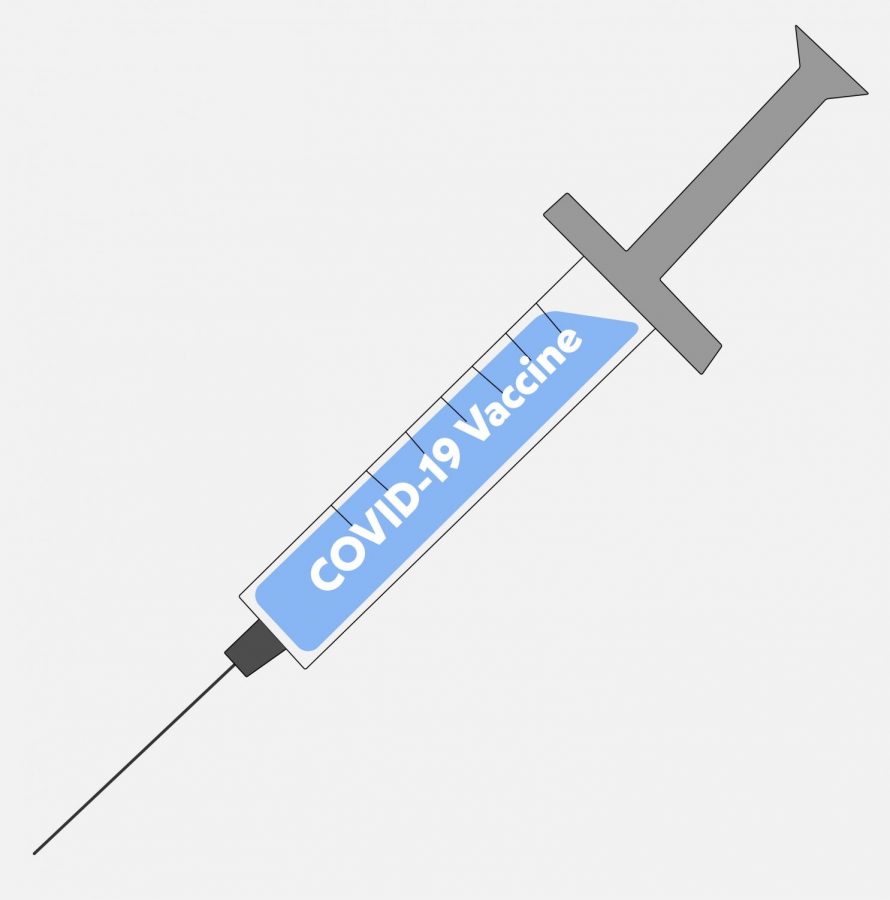Akash’s COVID Corner: Vaccine Update
Where do things stand in the race for a COVID-19 vaccine?
Since the start of the COVID-19 pandemic in March of 2020, many companies have been working non-stop to get a vaccine produced and distributed. Initial estimates by health experts were that we would have an effective vaccine widely available between January and July of 2021. This estimate was surprisingly accurate, as at the moment we are on track to release a vaccine by mid-2021 at the latest. However, there are still many factors to consider that could drastically change the speed at which the vaccine is produced, and we are already seeing some unexpected developments.
Although most major health officials were predicting the release of a vaccine within a year and a half, some were predicting it even sooner. The latter has started looking more and more realistic in the past few months, and with 11 vaccines in the final stage of trials, it seems likely one of them will figure out a solution. President Trump has insisted that a vaccine will be available for US citizens by the election on November 3, something that most drug companies currently working on a vaccine say is not true. If Trump is able to get a vaccine out during his term, it will most likely boost his odds, since people will look at that quite favorably. One of the biggest companies that was working on a vaccine, Johnson and Johnson, had to temporarily pause their trials due to an “unexplained illness” that one of the participants developed. These complications are just one of the many problems that can arise when trying to produce a vaccine in such a short period of time. Setbacks like these make it apparent that there is no guarantee that any of the vaccines in late-stage trials will be ready for distribution in the near future.
Another thing to consider is that six vaccines have been released for small scale use in Russia and China. These vaccines skipped the final stage of trials, which adds a major risk to taking the vaccine and makes many experts speculate that they were released only to make a political statement. Whatever the reason, many people are worried that America may do the same thing, and release a vaccine that is not fully approved much sooner than it should be released. This would be a very dangerous scenario, because if the vaccine was dangerous or ineffective it could shake the public’s trust in a future vaccine, and possibly harm people looking for protection against the virus. This would likely cause an increase in the already high number of people who say they would not take the vaccine, and would elongate the virus’ timeline even further. Most doctors have strongly advised against this move, but there is still a possibility that Trump would go through with it nevertheless.
Overall, the current vaccine timeline is looking promising, and there is a good chance we will have a vaccine in the next six or so months. All evidence shows that it would be more harmful to release a potentially unsafe vaccine early than it would be to release a safer one later on. There will also be multiple major obstacles in releasing and distributing the vaccine, such as setbacks in trials and those who refuse to take it. Fortunately, scientists are already working to overcome these barriers, and expect to resolve this pandemic as fast as possible.

Akash Woods decided to join the Owl to learn what it’s like to be a journalist. He wanted to learn how to write an engaging story with a headline that pulled people in. He also wanted to improve his research skills as well as his interview skills. Akash enjoys many sports, including basketball, tennis, and biking. You can often find him engaging in one of these activities, usually with friends. He is not a very big fan of winter sports, however, due to an unfortunate history with both skiing and sledding. This means during the winter you are more likely to find him inside, with a mug of hot chocolate and his favorite food: purple grapes.


